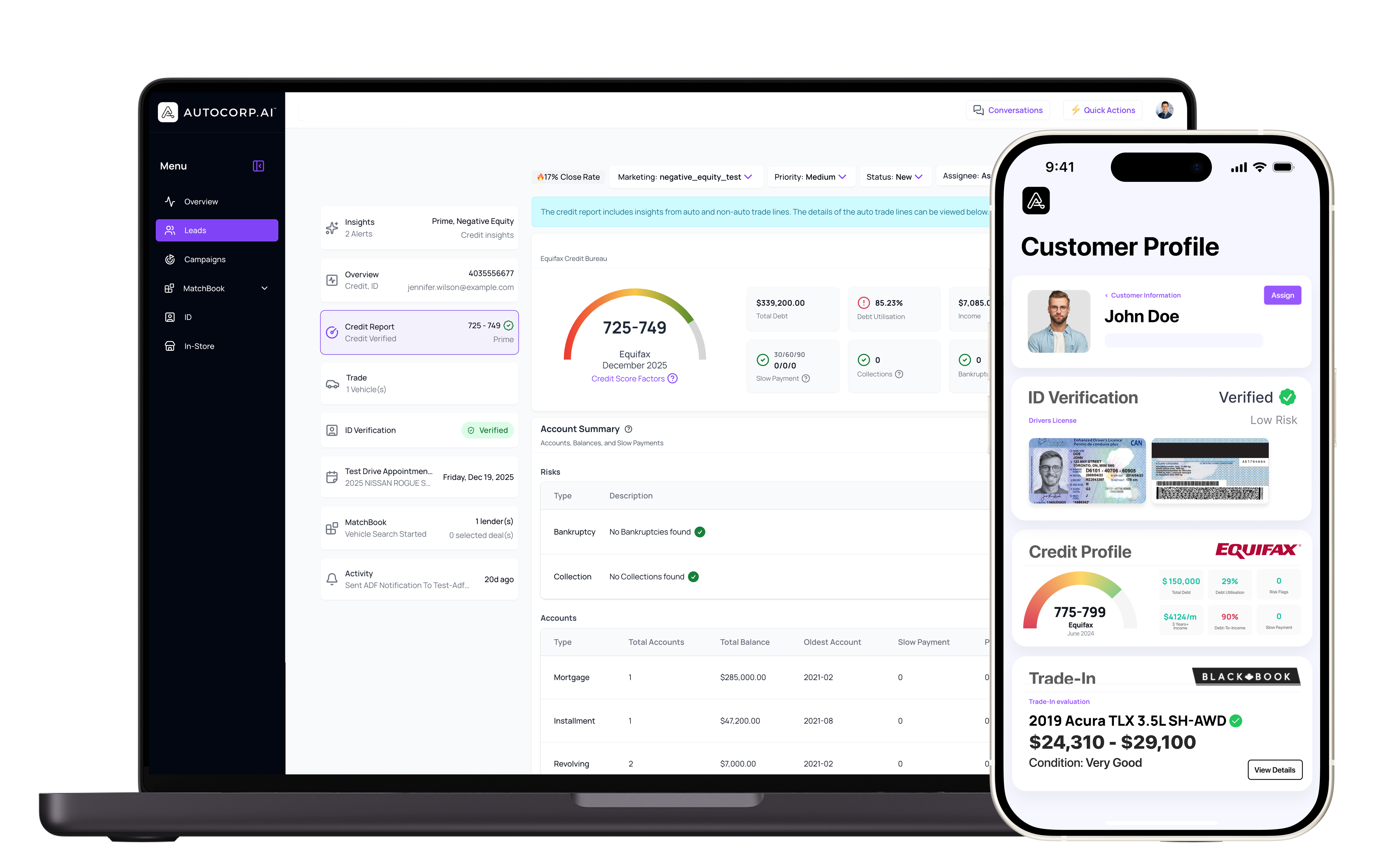
Whether you're buying or selling a used car in Canada, navigating the complexities of vehicle pricing can feel like deciphering a secret code. Two terms you'll frequently encounter are "Canadian Black Book value" and "market value." While they both shed light on a vehicle's worth, they represent distinct perspectives.
Think of CBB as the official scorekeeper for the used car market. This independent company meticulously tracks and analyzes data from various sources, including wholesale auctions, dealer transactions, and consumer sales, to establish a standardized valuation system.
Make, model, and year: The specific vehicle details are the foundation of any valuation.
Mileage: Higher mileage usually translates to a lower value, though condition also plays a role.
Condition: CBB values assume "good" condition; expect adjustments for wear and tear.
Equipment and Options: Additional features and upgrades can significantly boost the value.
Regional Variations: CBB considers regional market trends, acknowledging that a car's worth can differ across Canada.
Market value, simply put, is what someone is willing to pay for a car right now. It's the price determined by the ever-shifting forces of supply and demand in your local market.
Local Demand: Popular models in high-demand areas can command higher prices.
Seasonality: Convertible prices might soar in summer, while SUVs could be hot commodities in winter.
Dealership Inventory: A dealership overflowing with a particular model might be more willing to negotiate on price.
Individual Vehicle Condition: Even two identical cars can vary in value based on their unique maintenance and accident history.
Perspective: CBB is an objective, third-party assessment. Market value is subjective, influenced by real-time buyer and seller interactions.
Time Sensitivity: CBB values are updated regularly, but market value can fluctuate more rapidly based on local conditions.
Purpose: CBB is ideal for establishing a baseline value and understanding broad trends. Market value reflects the actual price you'll likely encounter in a transaction.
As a buyer:
Start with CBB: It's your guidepost for what a car should be worth.
Factor in market value: Research recent sales of similar cars in your area to gauge actual prices.
Use this knowledge to negotiate: If a car is priced above market value, use CBB to back up your offer.
As a seller:
Use CBB as a starting point: Price your car competitively, slightly above CBB if it's in exceptional condition.
Be aware of market trends: If demand is high, you might be able to get closer to or even above CBB value.
Consider your urgency to sell: If you need to sell quickly, be prepared to be more flexible on price.
This cutting-edge tool from Autocorp.ai gives you CBB data in real-time, providing instant and accurate vehicle valuations. It streamlines your appraisal process, empowers your team to make informed decisions, and ultimately helps you close more deals.
Understanding both Canadian Black Book values and market value gives you the upper hand in any car transaction. Whether you're buying, selling, or running a dealership, these tools will guide you to fair pricing and confident decisions.
Remember, the automotive market is dynamic. By staying informed, doing your research, and using tools like AVA Trade, you'll navigate the landscape like a pro!
